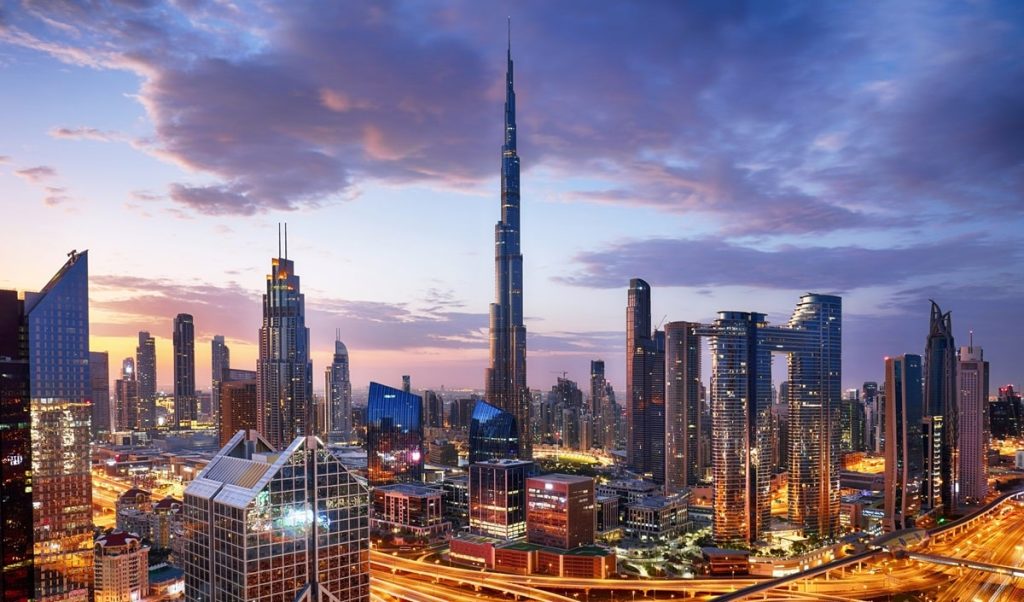What To Know
- According to the UBS report, short term fluctuations and the presence of some threats which are typical for the middle term perspectives such as a world economic crisis or a decrease in the oil price may lead to the fluctuations in the market.
- Despite these risks, Dubai has followed the upward trend of the overall global markets, and high demand coupled with steadily climbing rents have provided a stable ground to the housing industry as the world spirals out of control.
- It looks at the risks of such phenomenon through the UBS Global Real Estate Bubble Index, cities such as Dubai, Singapore, London and New York.
Buth despite this tough situation, Dubai still remains attractive for investments into housing real estate sector; prices for residential properties were up by 17 percent last year and by 40 percent to the level of 2020 in particular, as per data of UBS. However any new emerging market seen with upliftment in the real estate sector the question arises is that we are having a bubble. It looks at the risks of such phenomenon through the UBS Global Real Estate Bubble Index, cities such as Dubai, Singapore, London and New York.
Although many cities no longer have a housing bubble, Dubai moderate risk, indicating the largest increase in bubble risk score among all evaluated cities. Nevertheless, given the pressure from population growth, high demand from regions with a worsening investment environment and high household income, the market has been quick to absorb the new housing stock. Over 90% of property purchases are made for cash which reduces the effect of high interest rates more so in other global cities.
The report also incorporates Dubai luxury property segment that has been overpriced. The rate of sales of houses and similar properties without construction has been vivid through the prospect of gaining profits, which has led to inflation of prices. Realised rental yields, currently at 6-7%, are still competitive due to a 60% real term increase in rents since 2020. Nevertheless, according to the UBS report, short term fluctuations and the presence of some threats which are typical for the middle term perspectives such as a world economic crisis or a decrease in the oil price may lead to the fluctuations in the market.
With the projected increase in the supply of housing by one third by 2029, the issue of long term housing price appreciation remains open ended. Despite these risks, Dubai has followed the upward trend of the overall global markets, and high demand coupled with steadily climbing rents have provided a stable ground to the housing industry as the world spirals out of control.



